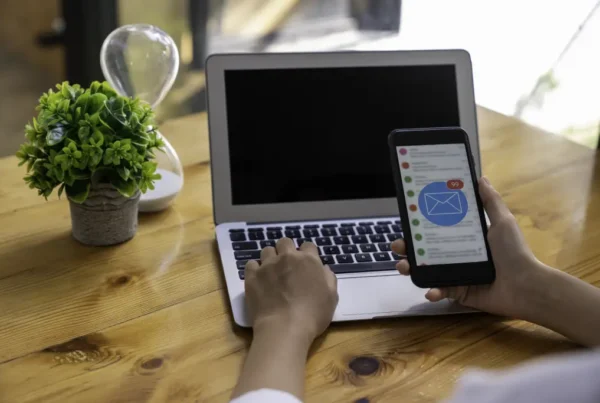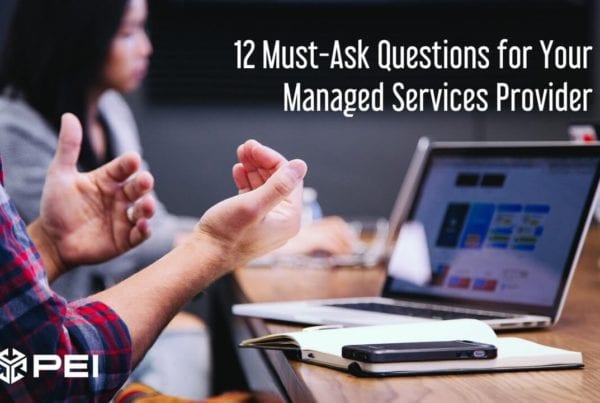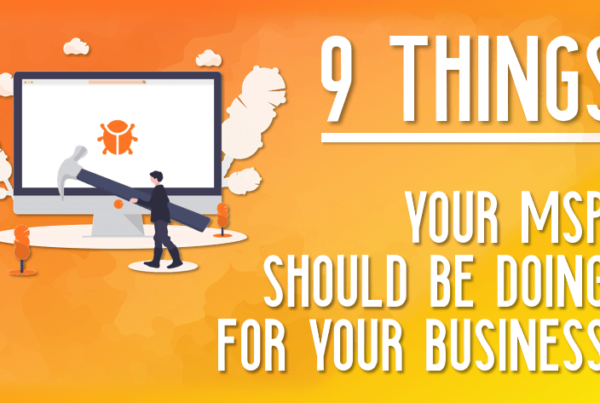What’s Green about Microsoft?
I recently completed a number of articles about building a green IT business plan. Given that PEI represents a number of organizations that have green IT initiatives of their own; I thought it might be interesting to explore how some of their products address a Green IT strategy.
Microsoft sees itself as an organization that can help address the energy and environmental challenges the world faces today. The have several solutions that can help.
1. Saving Energy and Reducing Carbon in the Cloud – Cloud computing is rapidly transforming the way IT is managed and delivered. When organizations move business applications to the cloud, energy use and the applications’ carbon footprint per user are reduced by at least 30 percent. For small businesses the result can be even more dramatic, with potential carbon savings of up to 90 percent per user.
2. Windows 7 Power Management – Energy efficiency was a guiding principle in the design of the Windows 7 operating system. But third-party applications also have an important role to play, and Microsoft provides energy-smart development guidance and tools for developers and IT professionals developing for the Windows platform.
3. Microsoft Unified Communications- Microsoft’s Unified Communications (UC) streamlines communications and collaboration. By reducing the need for business travel and commuting, Microsoft UC solutions improve business outcomes, lower costs and enhance environmental sustainability. By example, last year alone, UC enabled Microsoft Corp. to save 17,000 metric tons of CO2 and reduced our travel costs $92 million.
Given the broad range of solutions that come out of Microsoft, these are only a couple of examples. The point is that many of the tools and technologies are either inherently Green, or have features embedded in them that can aid in a Green IT strategy. Seek them out and make them part of your own plans. You’ve probably already made the investment. Why not get the benefit?
-Tim Krueger, PEI




